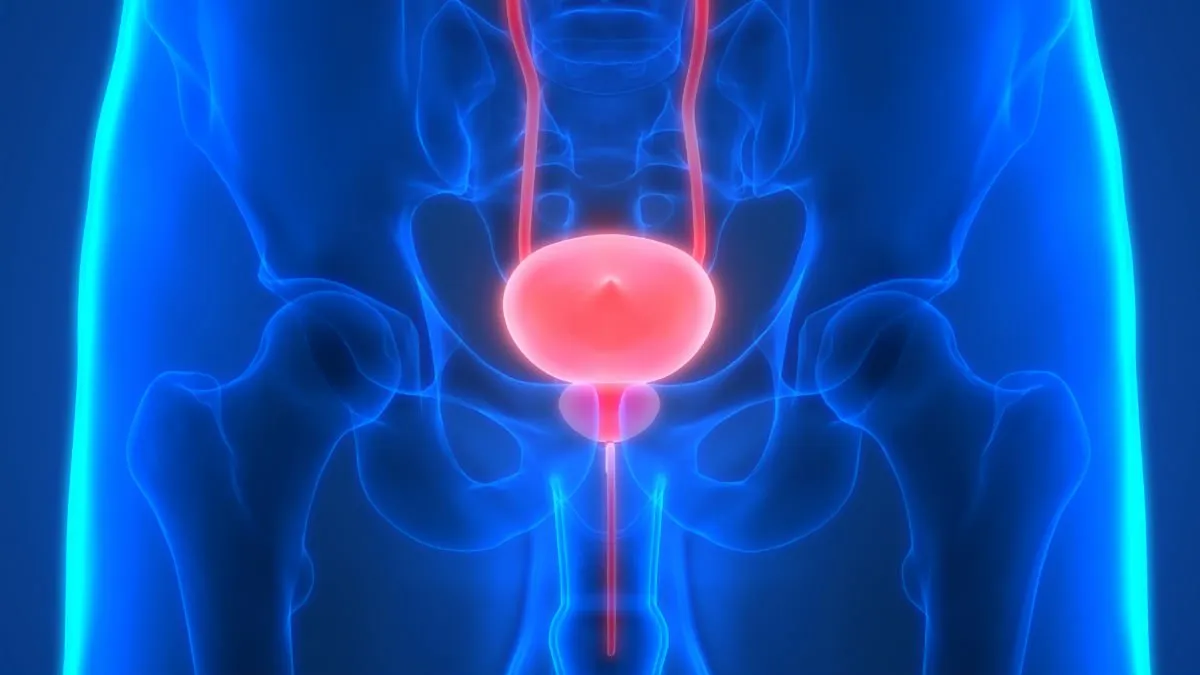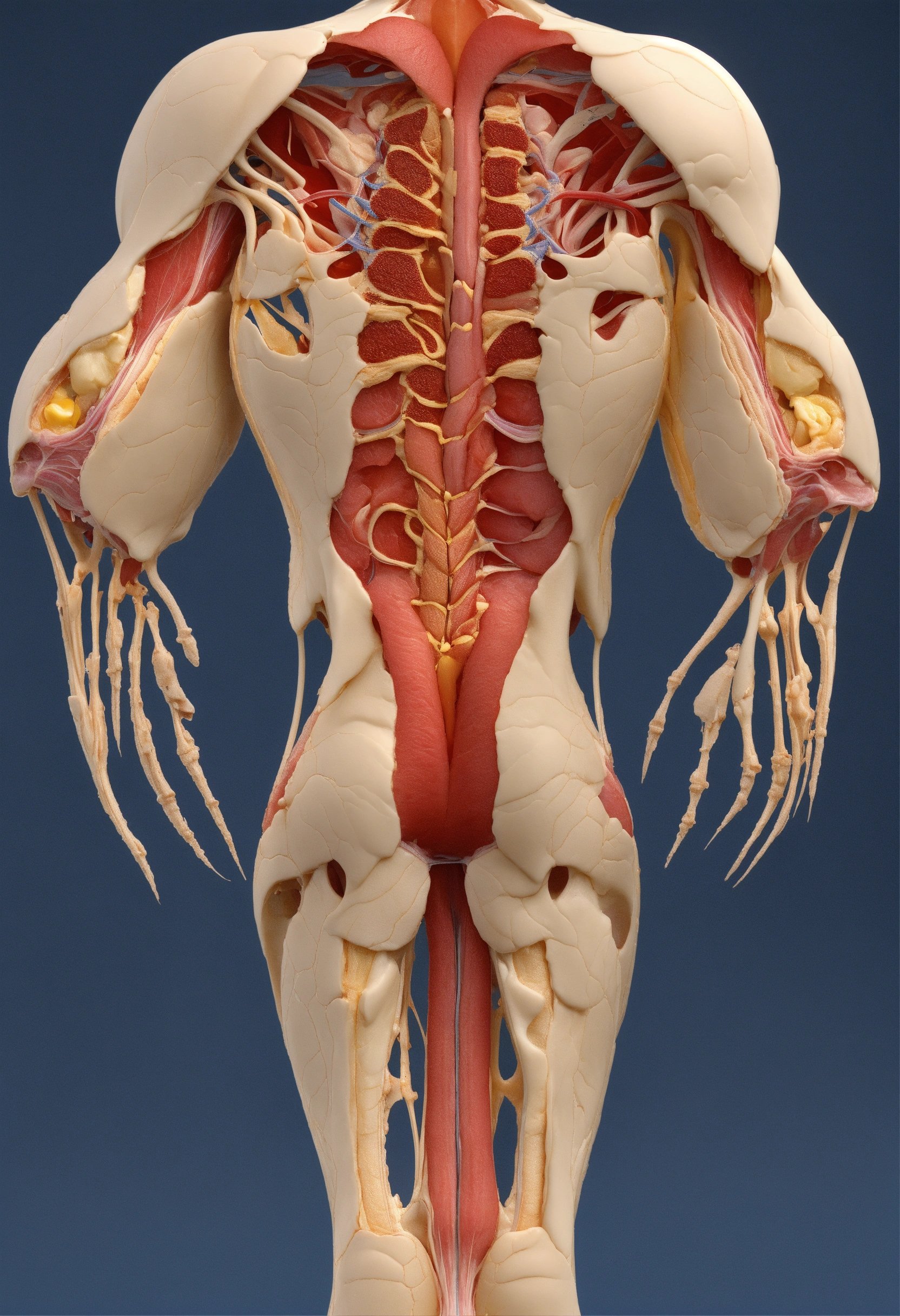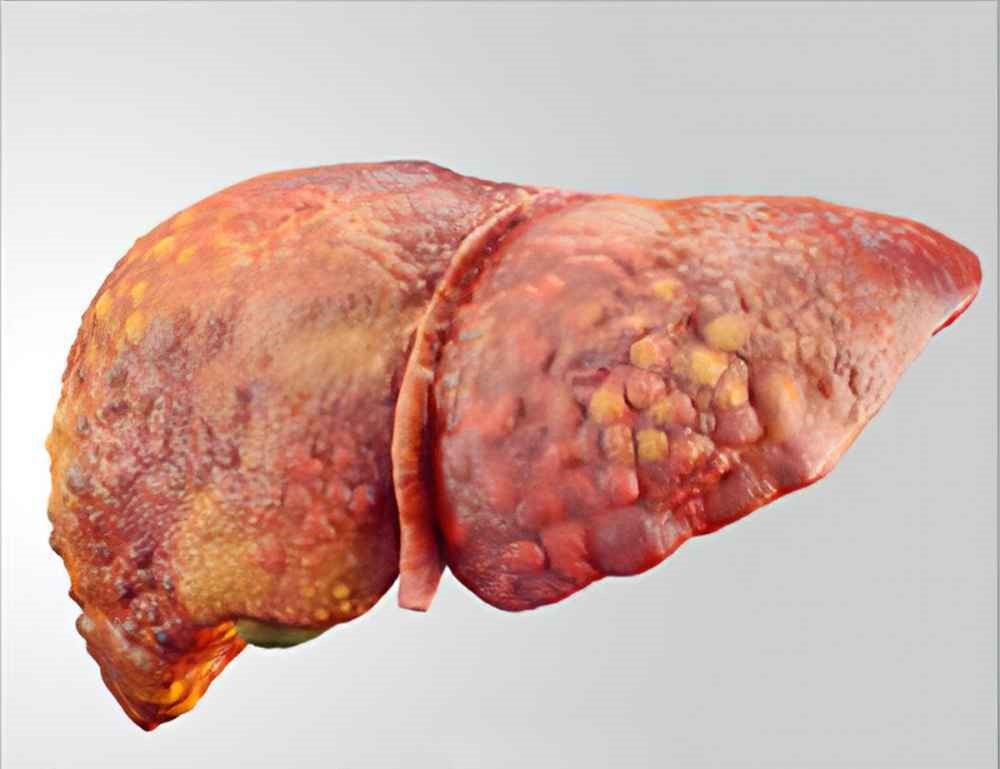- Participants learn to perform a systematic assessment of patients suspected of having appendicitis, including history-taking, physical examination, and diagnostic testing. They become proficient in using standardized techniques to elicit relevant clinical information and identify signs and symptoms associated with appendicitis.
- Participants gain skills in differentiating appendicitis from other conditions that may present with similar symptoms, such as gastroenteritis, urinary tract infection, ovarian torsion, and pelvic inflammatory disease. They learn to consider clinical clues, patient history, and examination findings to narrow down the differential diagnosis and guide further evaluation.
- The simulation provides opportunities for participants to interpret diagnostic tests commonly used in the assessment of appendicitis, such as laboratory tests (e.g., complete blood count, urinalysis) and imaging studies (e.g., ultrasound, computed tomography). Participants learn to interpret test results and use them to support or refute the diagnosis of appendicitis.
- Participants develop skills in clinical decision-making based on assessment findings, patient history, and diagnostic test results. They learn to weigh the risks and benefits of various management options, such as observation, medical treatment, or surgical intervention, and formulate appropriate treatment plans accordingly.
- The simulation emphasizes the importance of effective communication and collaboration among healthcare team members in the assessment and management of appendicitis. Participants learn to communicate assessment findings clearly and concisely, collaborate with other healthcare professionals, and involve patients in shared decision-making.
imaginX is used by many amazing schools and universities
University / College

























